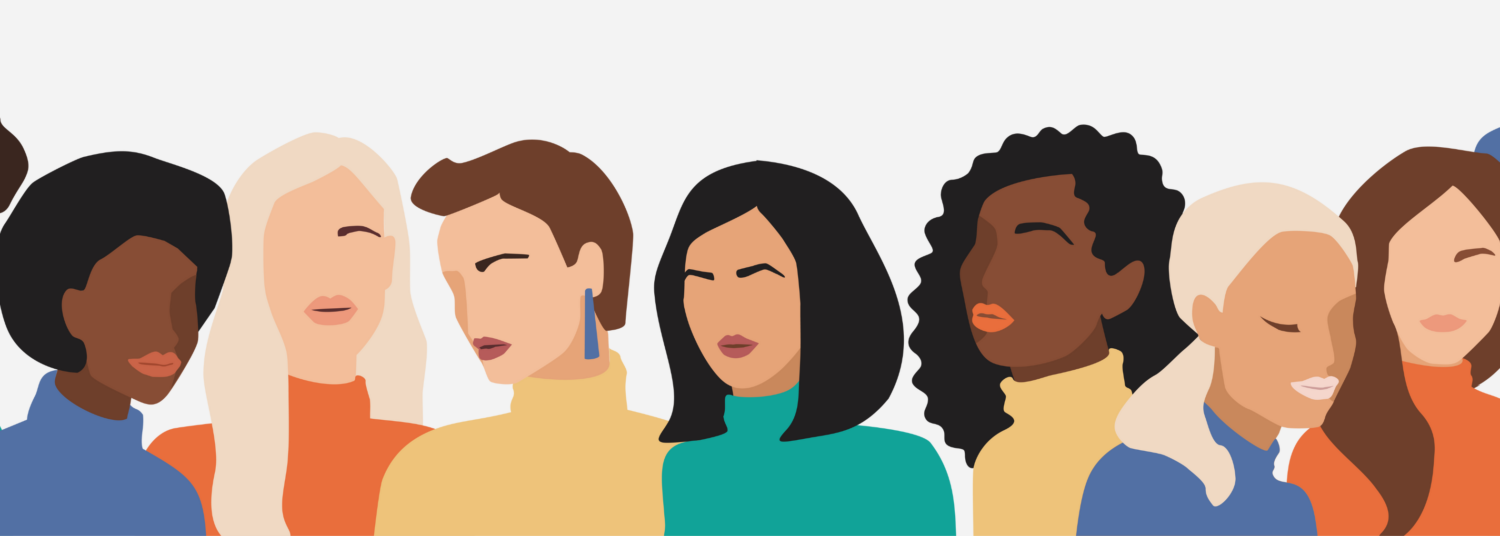[
Disponible en español]
Author’s Bio: Beatrice Bachleda is a RYT-500 Deaf yoga teacher. She teaches the deaf and hearing populations including children and trauma-informed. Currently, she shares yoga, mindfulness, and meditation tips on social media at @yogawithbeatrice. She is also Social Media Coordinator at NDC.
As we navigate current crises of 2020, health, safety, and justice is at the forefront of almost everyone’s mind. Though many of us are striving to protect the physical health of the population, mental health is equally as important. Uncertainty, isolation, and a constantly changing environment can take a toll resulting in burn-out, fatigue, and episodes of depression or anxiety.
In my work as a yoga teacher, I have seen firsthand how varied our emotional and mental responses can be among different deaf communities: anger, fear, withdrawal among others. Coping skills can and do vary across the board. Access to services such as counseling, group meetings, spiritual practices, and more are often limited.
The key to remember is that there is no right or wrong in how we react to the current climate. However, it is worth picking up a few tools in order to preserve our mental health so we can eventually learn how to respond rather than react.
Reaction vs. Response
A
reaction is an instantaneous, usually tense and aggressive action. It is generally survival-oriented. A
response is a slower, contemplative action; it uses thought and reasoning. Both these actions have their purposes, but at certain times, choosing to react may provoke a chain of reactions that eventually leads to a breakdown of communication, relationships, mental state or more.
Knowing that
deaf people experience mental health risks more frequently than their hearing counterparts, it becomes even more imperative to provide tools and services that support them directly.
Tips for Self-Care
NDC has put together a
tip sheet with basic but powerful tools that can benefit everyone, including deaf youth, families, educators and service providers. These tools – breathing, mindfulness, connection – aligned with appropriate
mental health services may improve coping skills and allow people to eventually shift from reacting to responding to crises as they arise.
Remain Flexible and Ask for Help
As our current environment is constantly in flux, it’s more important than ever to remain flexible while also caring for mental health. Coping skills that may have worked at the beginning of the year may not be enough now, and that’s okay. The foundation of these tips involve a measure of being present, mindful, and redirecting energy. Find what works for you and be willing to adapt as things change.
Additional mental health resources and support:
Crisis Text Line
National Suicide Prevention Lifeline
SAMHSA: Substance Abuse and Mental Health Services Administration
For support with ensuring equitable access and accommodations for deaf students and employees,
contact our Help Desk









